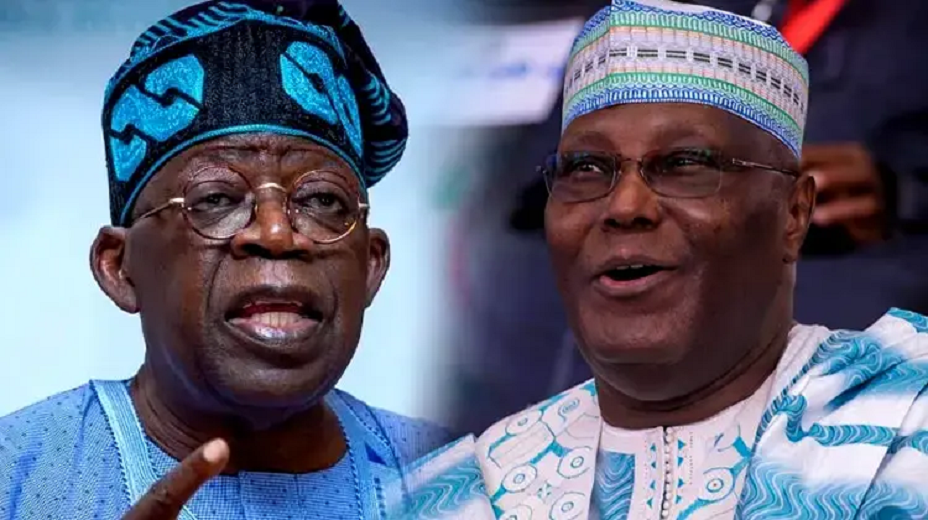World Bank has stated that Nigeria’s inflation rate will remain high at 24.8 percent year-on-year, YoY, in 2024.
The World Bank also reaffirmed its projection of 3.3 percent economic growth for Nigeria in 2024 and reduced its projection for 2025 to 2026 by 0.1 percentage points to 3.6 percent from its January projection of 3.7 percent.
In its Africa’s Pulse Report, April 2024 edition, released Monday, April 8, the World bank stated:
“Growth in Nigeria is projected at 3.3 percent in 2024 and 3.6 percent in 2025–26 as macroeconomic and fiscal reforms gradually start to yield results.
“A more stable macroeconomic environment, as the reforms’ initial shock dissipates, will lead to sustained but still slow growth of the non-oil economy.
“The oil sector is expected to stabilize with recovery in production and slightly lower prices. “Structural reforms will be needed to foster higher growth.
“Average inflation will remain elevated at 24.8 percent in 2024, although it is expected to ease gradually to 15.1 percent by 2026 on the back of monetary policy tightening and exchange rate stabilization”.
“By February 2024, about one third of the Sub-Saharan African countries with monthly available food price information (14 of 40 countries) had double-digit year-on-year rates of food inflation, with the fastest increases experienced in Ethiopia, Malawi, Nigeria, Sierra Leone, and Zimbabwe.”
“The region also faces the triple challenges of high extreme poverty, high inequality, and low transmission of growth to poverty reduction.
“The speed of poverty reduction has decreased tremendously since 2014. The rate of reduction was 3.1 percent between 2010 and 2014, subsequently decreasing to 1.2 percent between 2014 and 2019.
“In contrast, the rest of the world reduced extreme poverty on average by 9.2 percent per year within the same time horizon, suggesting that the Africa region is falling further behind.
“In addition, there is substantial regional heterogeneity in where the poor are with Nigeria and the Democratic Republic of Congo accounting for one in three of those living in extreme poverty.”
























































